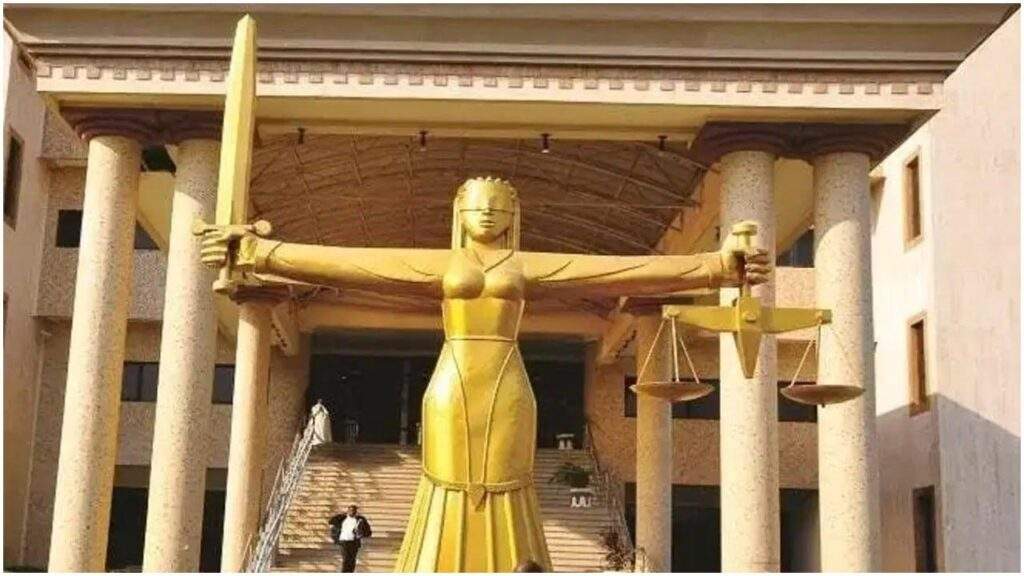The former Chairman of the Senate Committee on Judiciary, Human Rights and Legal matters, Umar Dahiru, has publicly expressed his lack of confidence in Nigeria’s justice system. The comment was made during a book presentation in Abuja for ‘When Justice Sleeps: Burning Issues and Crises in Administration of Justice in Nigeria’, a title which reflects the current state of the system.
According to Dahiru, the Nigerian judiciary system is plagued by a lack of transparency due to obstacles such as corruption, ethnicity, and religion. He argued that the book’s timing was impeccable following the Nigerian Presidential Election Petition Tribunal, and its significant role in determining the country’s future. Political candidates have come under scrutiny following delays, leading to accusations of rigged elections and an ongoing petition from Atiku Abubakar of the People’s Democratic Party and Peter Obi of the Labour Party opposing Bola Ahmed Tinubu’s victory.
During his speech, Dahiru emphasized that most Nigerians have lost confidence in the judiciary system and its ability to deliver justice. He stressed that cases languish in court for years, leading to the popular saying that ‘justice delayed is justice denied.’ He criticized the use of the phrase ‘go to court’ as a tool of oppression. It implies that those issuing the advice understand the foolhardy nature of the corrupt and ignominious lack of justice present in Nigeria’s judicial system.
At the same event, the author of ‘When Justice Sleeps: Burning Issues and Crises in Administration of Justice in Nigeria’, Matthew Okeke, said the judicial system’s state is decaying, causing discontent among the populace. He believes that the system is not responding to the needs of the citizens, and substantial amendments need to be made to current laws.
The discussion surrounding Nigeria’s justice system has become apparent due to the upcoming Presidential Election Petition Tribunal, which has started sessions to challenge Tinubu’s victory, with opposition candidates Atiku Abubakar and Peter Obi leading the charge. The case has sparked a debate about the sanctity of Nigeria’s political system.
